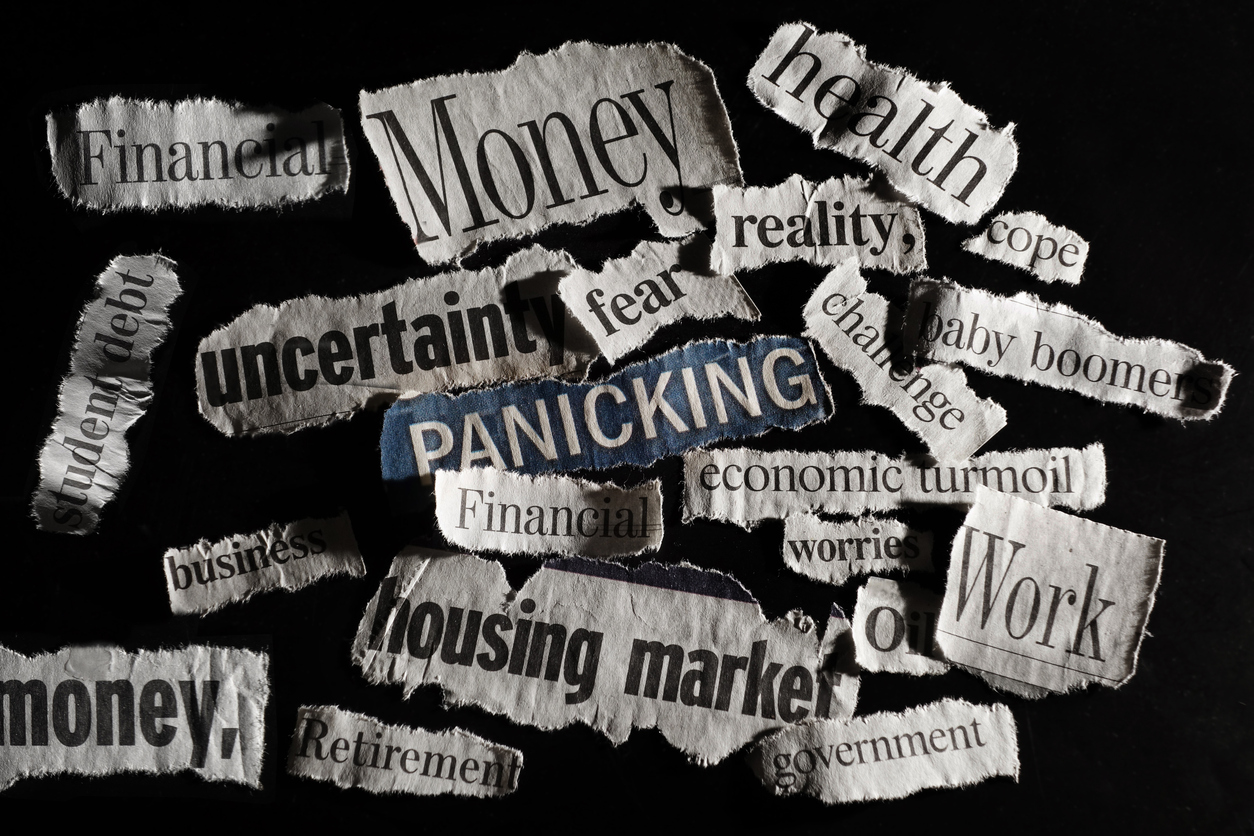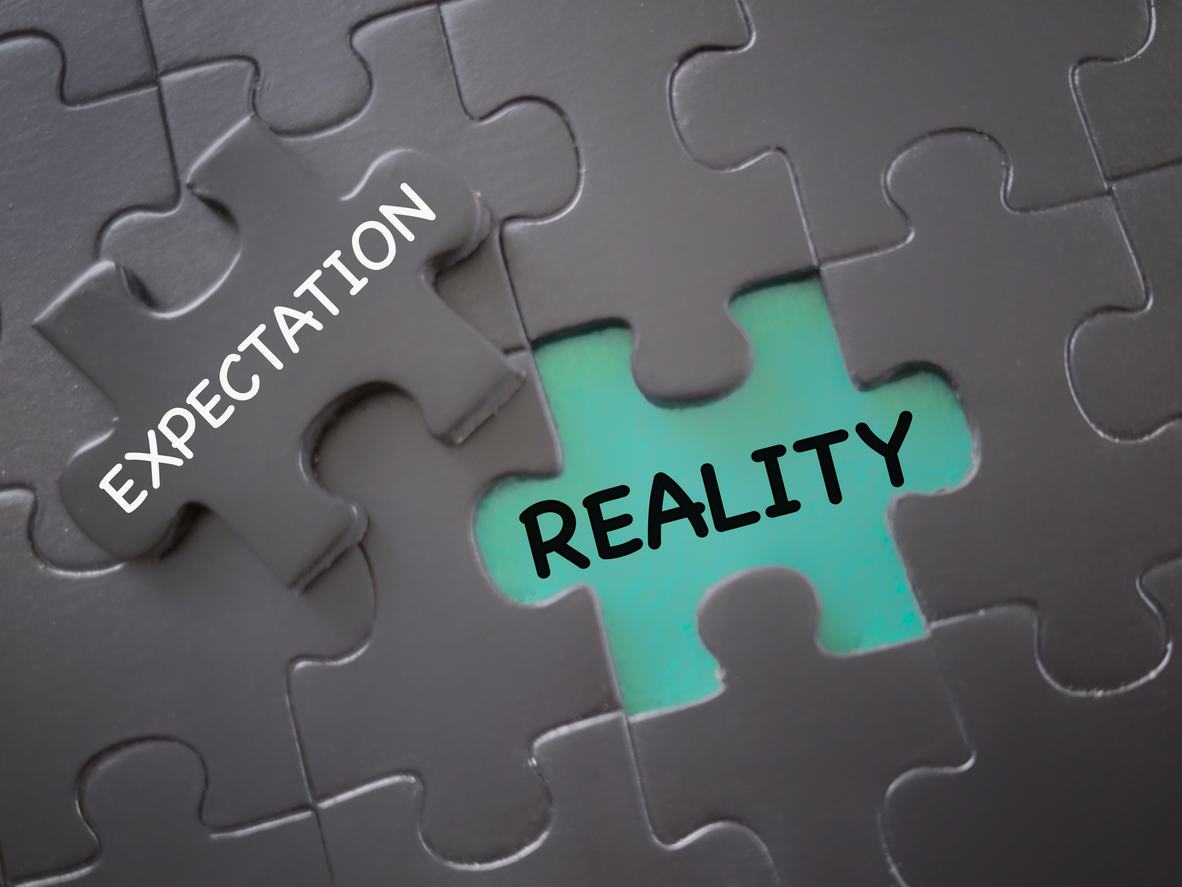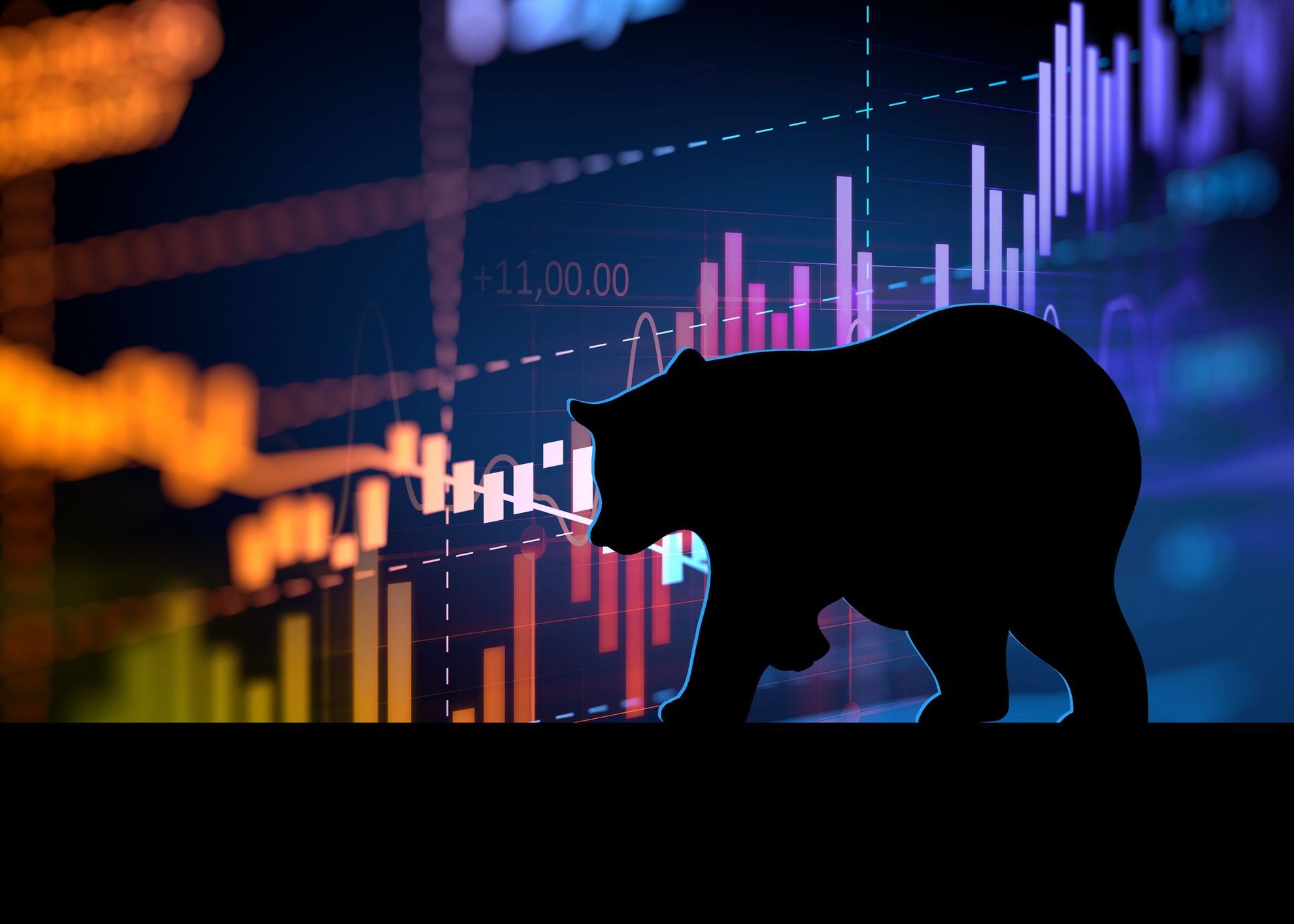
Have you noticed that the media tends to have a negative bias to the things they report? Every now and then there is a positive story, but it appears that the vast majority of headlines and stories are negative in nature. There is a reason for this.
The Media’s Goal
We could surmise that the media’s primary function is to inform the public. There is no doubt the media uses information as a deliverable, but the primary goal of the media is to make money. They need to sell ads. And to sell ads, they need eyeballs – your eyeballs.
A study by the NIH found that negative words in headlines increased consumption of content, whereas positive words decreased consumption. The report said, “For a headline of average length, each additional negative word increased the click-through rate by 2.3%.”1
Oh, The Irony
While negativity has increased in the media over the years, it has occurred at a time of great prosperity and mostly positive economic conditions. It is ironic that the media increased its usage of negative words during a period of significant wealth creation. Markets have soared over 500% in the last 25 years, despite the negativity along the way.
This helps us realize that negative headlines (frequency and intensity) do not reflect reality. They reflect what will give media companies the best bottom line.
What to Expect
Expect such negativity to continue. In the media there is a saying, “If it bleeds, it leads.” Expect to see more blood (negativity) because that’s what generates the clicks.
As we come into the election season, with a very divided nation, it is reasonable to expect the negative headlines to become more frequent and intense. We cannot control the media headlines, but we can control whether we choose to tune in.
And remember, history shows that negative headlines do not reflect what is really going on. If you come across something that concerns you, let’s talk. I am here to help you filter the noise and consider only those things that are pertinent to your plan and desired outcomes.
– Scott
©2024 The Behavioral Finance Network. Used with permission.
1. Negativity Drives Online News Consumption. Found at https://pubmed.ncbi.nlm.nih.gov/36928780/
 We all strive for favorable outcomes such as financial security, peace of mind, and evidence of progress. Naturally, we tend to approach situations with high expectations, especially when the stakes feel personal. But in many areas of life, dialing down our expectations can be a surprisingly effective way to boost our well-being.
We all strive for favorable outcomes such as financial security, peace of mind, and evidence of progress. Naturally, we tend to approach situations with high expectations, especially when the stakes feel personal. But in many areas of life, dialing down our expectations can be a surprisingly effective way to boost our well-being.
 We all strive for favorable outcomes such as financial security, peace of mind, and evidence of progress. Naturally, we tend to approach situations with high expectations, especially when the stakes feel personal. But in many areas of life, dialing down our expectations can be a surprisingly effective way to boost our well-being.
We all strive for favorable outcomes such as financial security, peace of mind, and evidence of progress. Naturally, we tend to approach situations with high expectations, especially when the stakes feel personal. But in many areas of life, dialing down our expectations can be a surprisingly effective way to boost our well-being.








